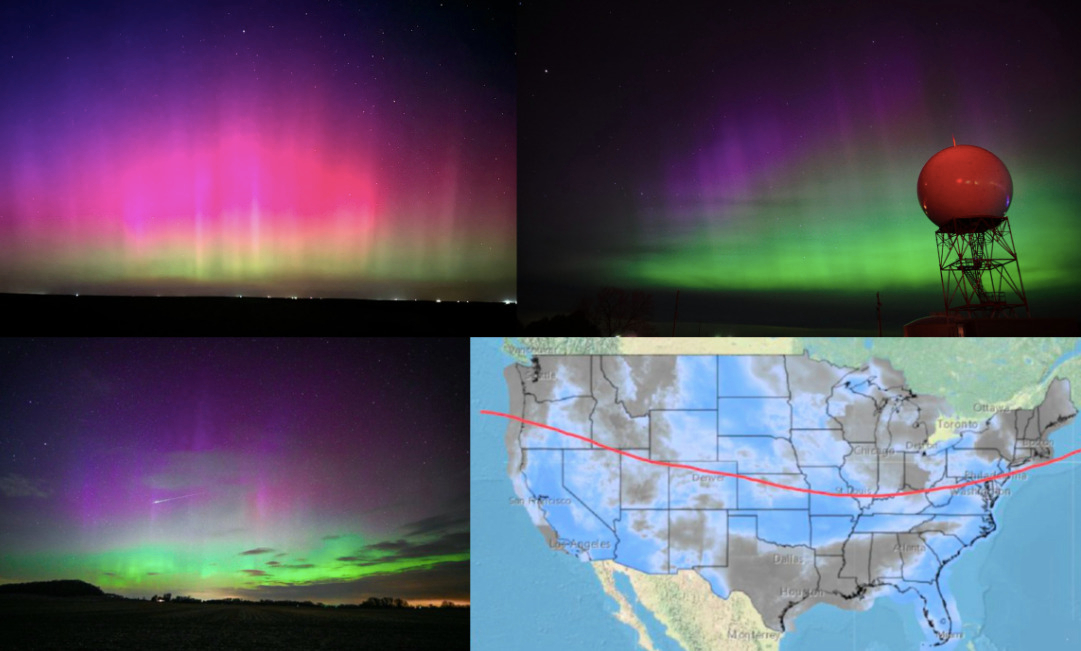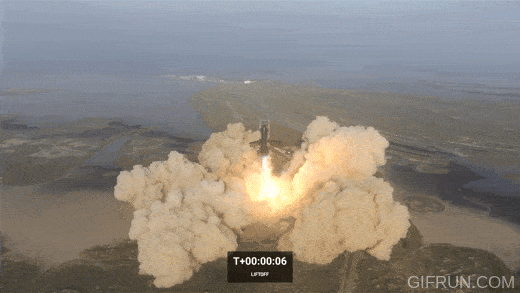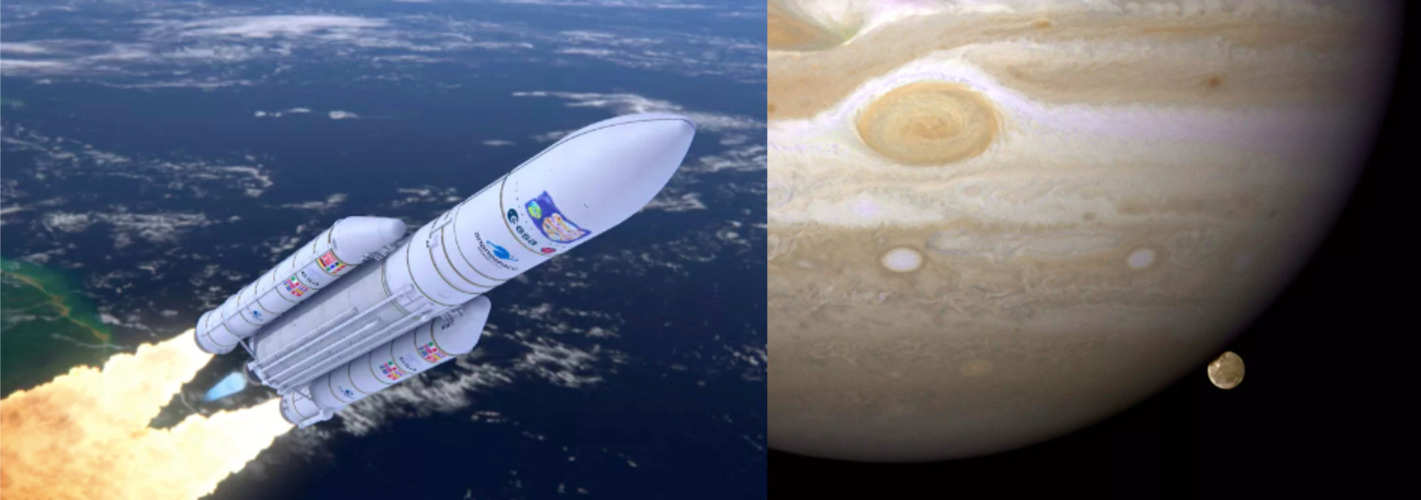Soooo, yeah – AI can read minds now

Image: Jerry Tang and Alexander Huth
If AI was putting together a resume, the “Job Experience” section would include occupations like writer, graphic designer, programmer, negotiator, and… mind-reader.
In a study published yesterday in Nature Neuroscience, scientists from UT Austin detailed a new AI system that – you’ll wanna sit down for this – successfully and non-invasively read a person’s thoughts for the first time ever.
🗣️🧠 How it works: The study centered on three volunteers, each of whom listened to 16 total hours of narrative podcasts while under the scientists’ supervision. As the volunteers listened, a non-invasive fMRI scanner recorded blood oxygenation levels across different parts of their brains.
The researchers then used a large language model (similar to ChatGPT or Bard) to match patterns in the volunteers’ brain activity with specific words and phrases they had heard. Or to way oversimplify, the AI system was programmed to play Tetris with human thoughts.
🤖📝 The results: To test their AI decoder, the scientists had the volunteers perform certain tasks like listening to new recordings, watching brief silent movies, and silently imagining telling a story in their heads. After each task, the researchers examined how closely the AI translation of brain activity matched up with the actual transcript.
And while almost every single word was misplaced in the AI translations, the overall meaning was generally preserved. Or in other words – the brain-reading AI model is a pretty good summarizer, and can paraphrase what people were thinking with a high degree of accuracy (though it struggled with pronouns).
For example:
- The words “I don’t have my driver’s license yet,” were translated as “She has not even started to learn to drive yet.”
- The spoken passage “I didn’t know whether to scream, cry or run away. Instead, I said: ‘Leave me alone!’” was decoded as “Started to scream and cry, and then she just said: ‘I told you to leave me alone.’”
👀 Looking ahead… The UT Austin researchers are currently exploring whether this AI mind-reading technique can be applied to other brain-scanning devices besides fMRI scanners, which are bulky and expensive to operate.
Share this!
Recent Science & Emerging Tech stories

Science & Emerging Tech
| April 25, 2023Nature’s light show just played a sold-out gig
😍🌌 The Northern Lights, aka aurora borealis, were visible across the northernmost 30 US states over the past two nights, as a result of specific solar activity that occurred late last week (and surprisingly not magic).

Science & Emerging Tech
| April 21, 2023Starship was meant to fly
🚀💥 SpaceX’s Starship, the world’s most powerful rocket, exploded yesterday morning in its first-ever test, roughly four minutes after a successful launch.

Science & Emerging Tech
| April 13, 2023The search for life on Jupiter’s moons begins
Later this morning (or maybe even as you’re reading this🤔), the European Space Agency will launch a spacecraft that will be the first in history to enter the orbit of a moon other than our own.
You've made it this far...
Let's make our relationship official, no 💍 or elaborate proposal required. Learn and stay entertained, for free.👇
All of our news is 100% free and you can unsubscribe anytime; the quiz takes ~10 seconds to complete